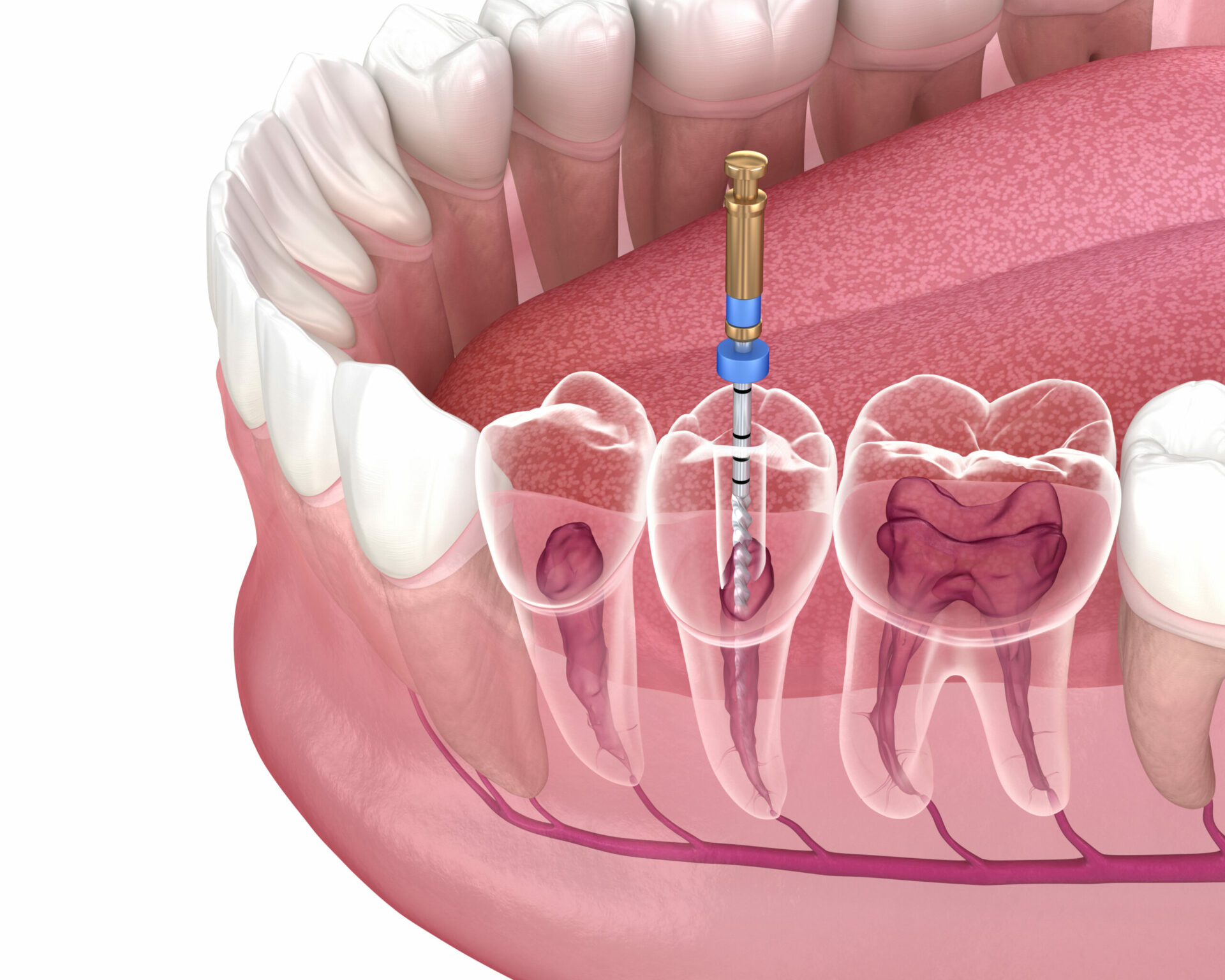Water, the elixir of life, plays a vital role in maintaining our overall health and well-being. Hydration is the process of providing our bodies with the necessary fluids to function optimally. It is not just about quenching our thirst; it is about nourishing our bodies from the inside out. In this article, we will explore the significance of hydration, its numerous health benefits, and practical tips to ensure you stay adequately hydrated.
Understanding Hydration
Hydration is the process of replenishing our bodies with fluids to maintain the delicate balance of water and electrolytes necessary for proper bodily functions. Water is a fundamental component of our cells, tissues, and organs, and it serves a variety of essential roles, including regulating body temperature, transporting nutrients, lubricating joints, and supporting digestion.
When we do not consume enough fluids to meet our body’s needs, we experience dehydration. Even mild dehydration can lead to fatigue, dizziness, headaches, and impaired cognitive function. Chronic dehydration can have more severe consequences, affecting kidney function, heart health, and overall vitality.
The Health Benefits of Hydration
- Optimal Physical Performance: Staying well-hydrated enhances physical performance and endurance during exercise or any physical activity. It prevents early fatigue, reduces the risk of cramps, and improves overall exercise efficiency.
- Improved Digestion: Water aids in the digestion and absorption of nutrients. It helps dissolve nutrients, making them more accessible to the body, and promotes healthy bowel movements, preventing constipation.
- Mental Clarity and Focus: Proper hydration supports cognitive function, memory, and concentration. It can help improve mood and reduce the risk of mental fatigue.
- Healthy Skin: Adequate hydration promotes skin health and elasticity, reducing the appearance of wrinkles and promoting a radiant complexion.
- Detoxification: Water assists the body in flushing out toxins and waste products, supporting the proper functioning of the liver and kidneys.
- Joint and Muscle Health: Hydration helps lubricate joints and cushions muscles, reducing the risk of injuries and promoting flexibility.
Practical Tips for Staying Hydrated
- Drink Water Regularly: Aim to drink water throughout the day, even when you’re not feeling thirsty. Carry a reusable water bottle to make it easier to access water wherever you go.
- Monitor Urine Color: Use urine color as a rough indicator of your hydration status. Pale yellow or straw-colored urine suggests proper hydration, while dark yellow or amber-colored urine may indicate dehydration.
- Set Hydration Goals: Establish daily hydration goals based on your age, gender, activity level, and climate. General recommendations advise consuming about 2 to 3 liters of water per day.
- Infuse Water with Flavor: If plain water seems unappealing, add slices of fruits or herbs like lemon, cucumber, mint, or berries to add a refreshing twist.
- Consume Hydrating Foods: Many fruits and vegetables have high water content and can contribute to your daily hydration. Watermelon, cucumber, oranges, and celery are excellent hydrating choices.
- Be Mindful During Exercise: Drink water before, during, and after exercise to stay properly hydrated, especially in hot or humid conditions.
- Limit Dehydrating Beverages: Minimize the consumption of beverages that can lead to dehydration, such as excessive caffeine or alcohol.
Conclusion
Hydration is a foundational pillar of good health and well-being. Properly nourishing our bodies with water supports physical and mental performance, digestion, detoxification, and overall vitality. By adopting simple and practical habits to stay hydrated, we can enjoy the numerous health benefits that come with maintaining our body’s fluid balance. Remember that hydration is not a one-time effort; it requires consistent and conscious attention to ensure our bodies remain well-hydrated every day. So, raise your water bottle and toast to a healthier and more vibrant you!



